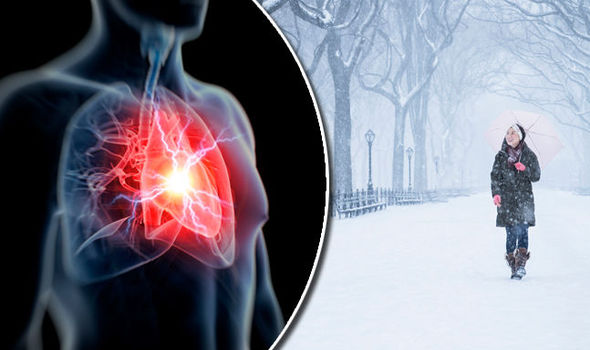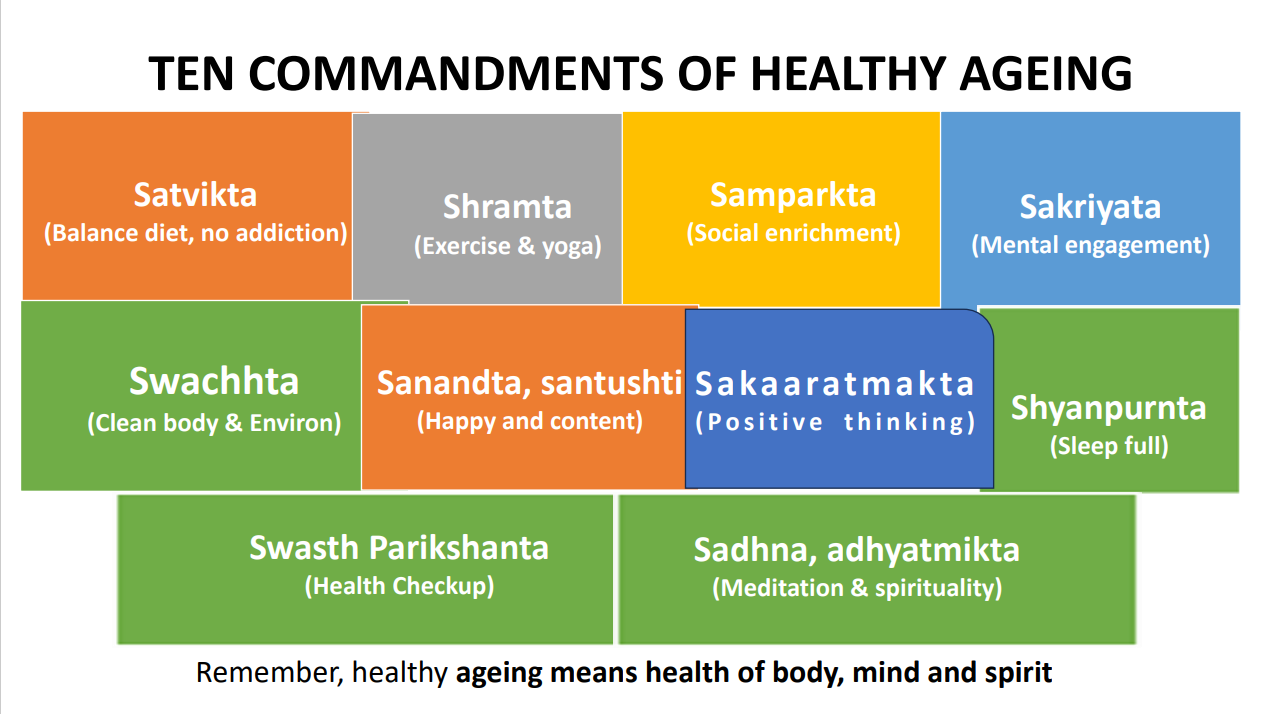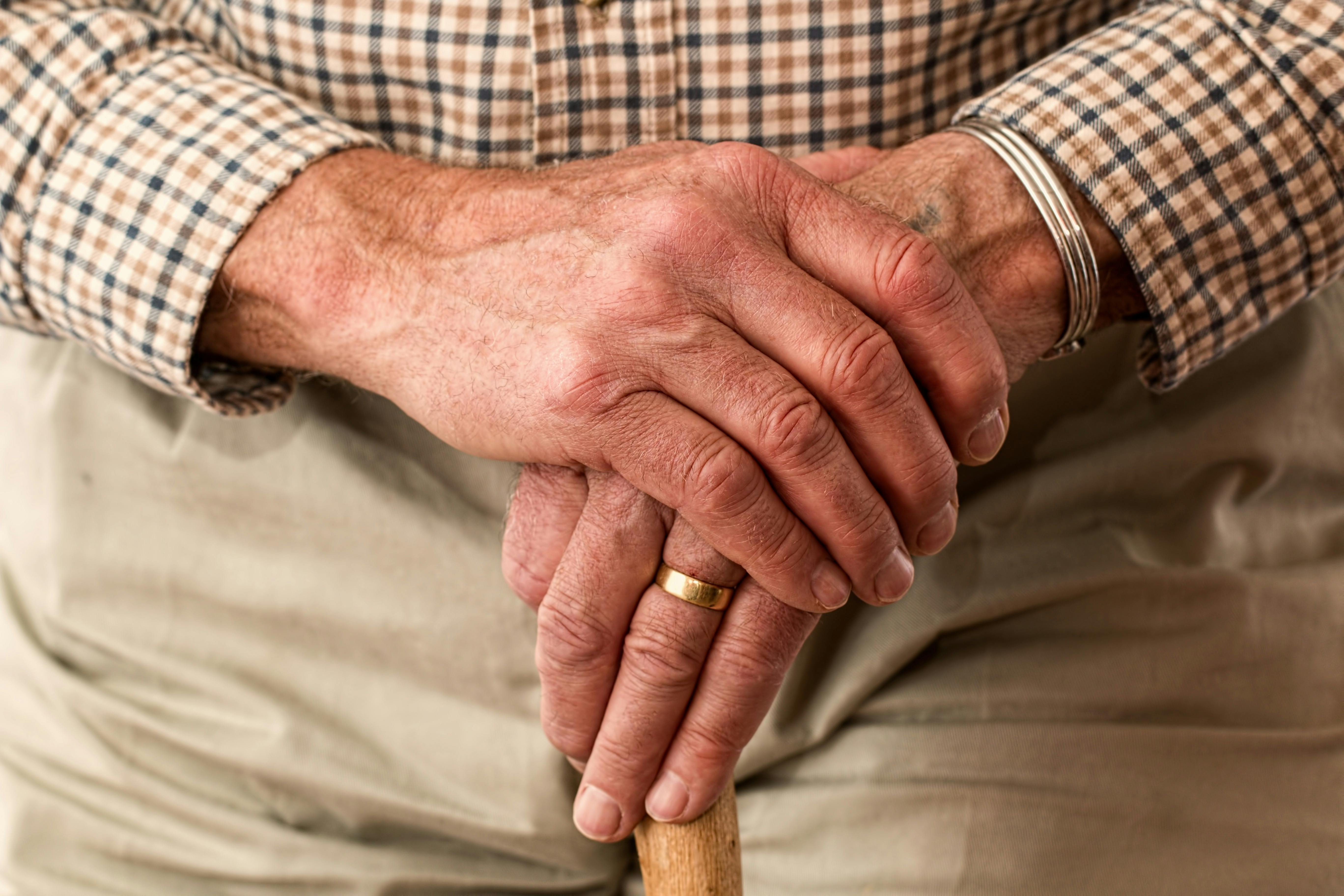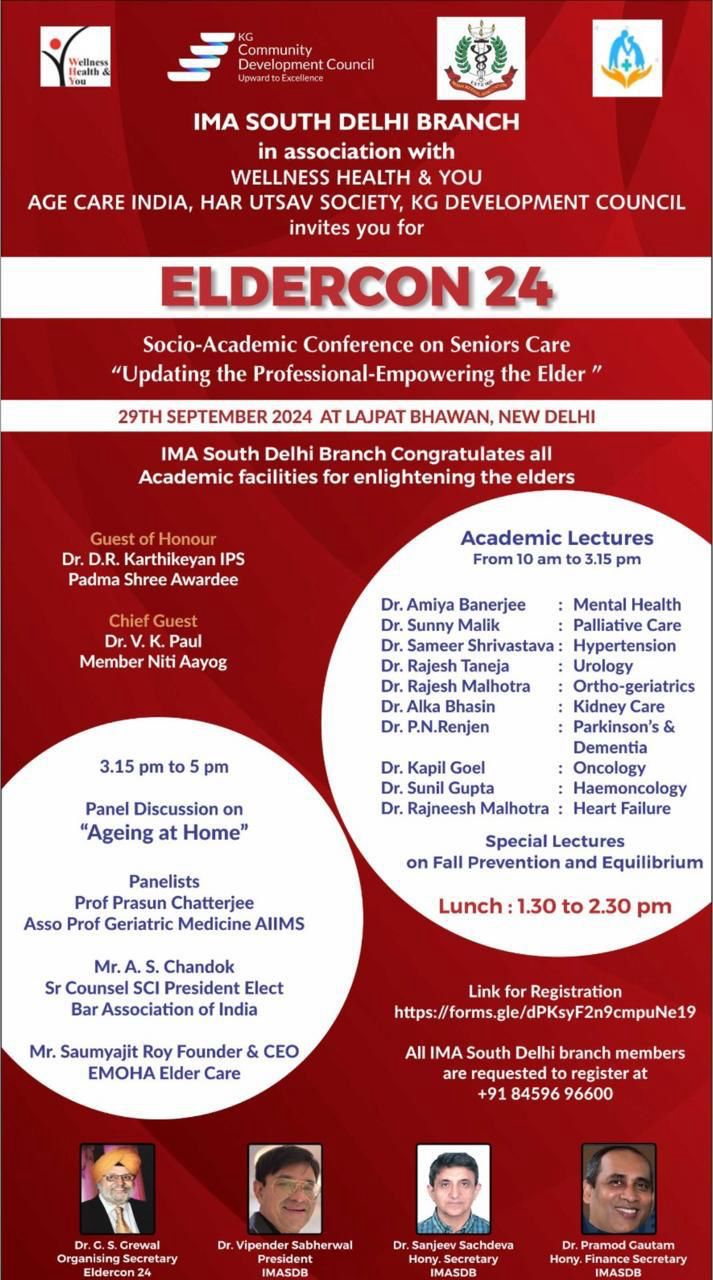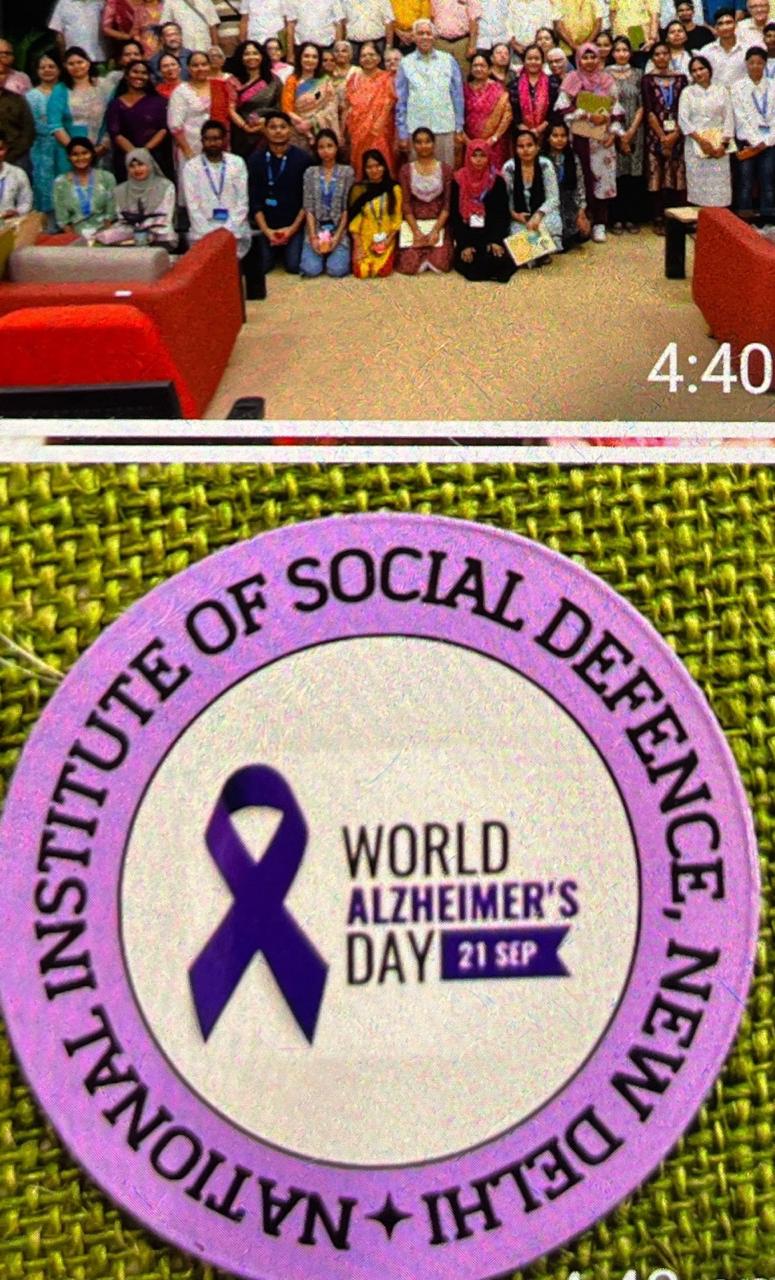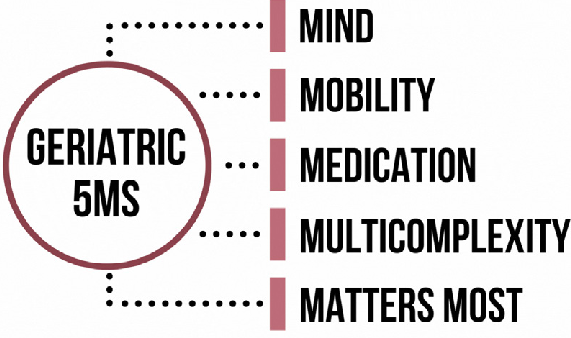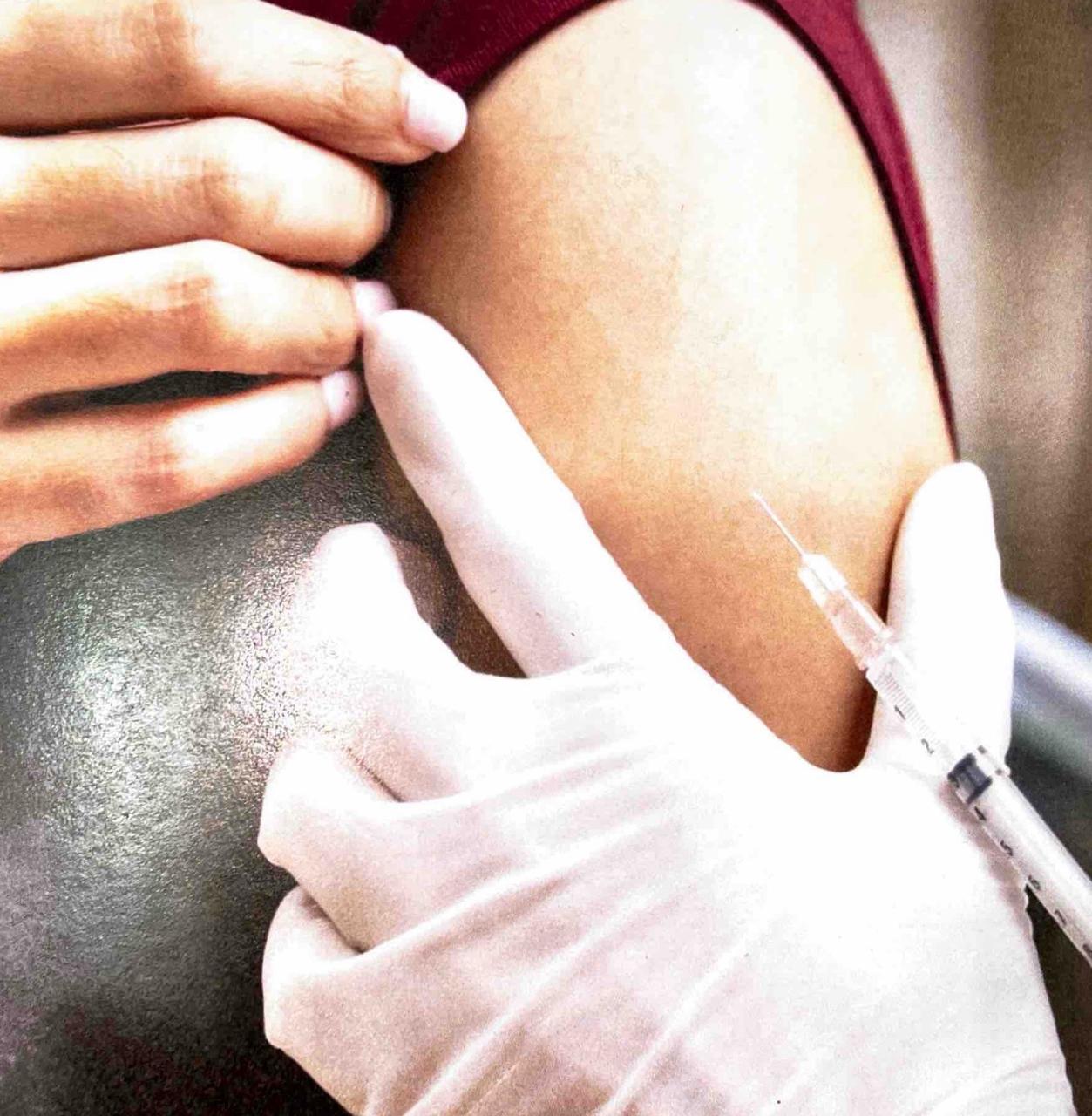_20240725123207.jpg)
DIABETES- A LIFESTYLE DISEASE
Diabetes mellitus often known by the term diabetes is a common disease all over the world. It can affect person of any age, sex, race, culture or financial status. It is due to deficiency of secretion or inadequate action of a hormone called insulin which comes from our pancreas gland. The disease is mainly of two types namely type 1 which occurs in children and young people in whom there is gross deficiency of insulin and treatment is therefore by giving this hormone to patient by injection. Other is type 2 diabetes which occurs in adults and elderly persons in whom the cause is not so much the deficiency of insulin; rather the main cause is reduced ability of insulin to carry out its action in the body. Treatment for this is therefore by drugs which enhance or facilitate the action of insulin although at times direct insulin injections may be required in type 2 diabetes also. It should be noted that type 1 diabetes (children and young persons) is much less common than the type 2 variety (adults and elderly people). Moreover occurrence of diabetes increases as the person’s age increases and therefore one of the reasons of increasing global burden of this disease is the increasing longevity that we see in recent years.
Globally, there are about 400 million diabetic people and the majority are aged between 40 and 59 years. By the year 2030, number of diabetics in the world will increase to about 550 million. In India, presently about 5-6% of population i.e. about 60 million persons (6 crore) of diabetic patients are there and another almost 7 to 8 crore people are in a state of prediabetes i.e. at the risk of developing diabetes. As far as adult population in India is concerned, 7.1% of them are diabetic. About one million Indians die due to diabetes every year. Vast majority of Indian diabetics i.e. about 90% of them belong to type 2 variety. Following description will be devoted therefore to this variety of diabetes.
Who are the more likely candidates for developing diabetes?
While every adult, both males and female after a certain age should undergo periodic medical checkup including a screening to detect diabetes, following persons even without any medical complaints should get themselves checked up for the presence of diabetes.
Age 40 years and more
Overweight and obese persons
Persons with pot belly
Those having diabetes in their family members
Those who are sedentary and do not do any physical exercise
Those who are known cases of heart disease or hypertension
Those having abnormal values of cholesterol or other lipids in their blood
History of diabetes in pregnancy before or having given birth to a heavier baby
Those with problem of sleeplessness and those with habit of snoring
Anyone in the category of prediabetes i.e. having a high fasting blood sugar or a high blood sugar at 2 hours following glucose ingestion but not high enough to be labelled as diabetes.
Medical complaints or symptoms in diabetic persons
In contrast to young people with diabetes type 1 variety who often have symptoms and may even be seriously ill, majority of type 2 diabetic patients are without any complaints and their diabetes might have been detected only on medical checkup. Only few of them may experience typical diabetic symptoms like increased thirst and appetite and pass urine more frequently during the day and night like their young counterparts with type 1 diabetes. However, In addition to the list of vulnerable persons described above, following observations should also alert the person to report to the doctor as these may the red herrings of underlying undetected diabetes.
Unexplained weight loss
Delayed healing of any wound, ulcer, injury anywhere in the body
Frequent change of eye sight glasses
Unexplained swelling of feet
Calf pain, tingling, numbness in legs or feet
Recurrent infections
Frequent dental problems including dental caries
Complications of diabetes: can be either chronic or acute and there are some being more common than others.
Common ones are of further two types-those which occur specifically only due to diabetes and those which can occur in anyone but are more frequent and occur earlier among diabetics
- Chronic complications which occur only in diabetes include damage to eye causing vision problem and blindness, damage to nerves causing burning and pain in feet and legs and damage to kidney causing kidney failure in the course of time. Damage to nerves when coupled with inadequate blood supply to legs due to disease of peripheral vessels can sometimes result in non-healing ulcer, gangrene or even amputation.
- Chronic complications seen in anyone but occurring more frequently and earlier in diabetics include heart disease leading to heart attacks, disease of blood vessels of the brain leading to stroke or sudden paralysis of a body part and disease of peripheral blood vessels contributing to ulcer, gangrene etc. as mentioned above.
- Acute complications in diabetics can take the dangerous forms of coma which are emergency life threatening situations or there may be onset of serious kinds of infections in diabetes involving lungs, urinary or digestive and other systems.
Uncommon complications include recurrent gastric upsets, diarrhea, early onset cataract, sexual problems, depression, memory problems etc.
Managing your diabetes includes both prevention and treatment. Prevention can largely be exercised by the affected individual himself and when necessary under medical advice. This is aimed either to prevent or delay the emergence of diabetes in the susceptible individual or to arrest or delay the progress of this disease once it has already struck the individual. Preventive methods include consumption of balanced diet without disproportionate consumption of any of the individual nutrients like carbohydrates, fats and proteins. Eating fruits and vegetables with enough fiber in the diet, avoidance of red meat and saturated fats, avoidance and cessation of smoking and liquor are all helpful. Regular exercise like 30 minutes of walking a day and if required, weight reduction are the other basic methods. Keeping your lipids under check and periodic screening for diabetes are equally important. Once there is diabetes, blood sugar and blood pressure control stand in good stead in retarding the progress of diabetic complications.
Treatment with medicines is required if above measures fail to control diabetes and for this a medical practitioner’s advice is absolutely necessary. In brief, drugs include a variety of antidiabetic tablets out of which your doctor shall prescribe the right ones for you and monitor the course of your diabetes. In certain selected cases, use of insulin injections may have to be resorted to and again it is your doctor who will choose and prescribe the right type of insulin for you. In either case adherence to life style measures like diet, exercise and if needed weight reduction shall have to continue.
(Chitrabh. The Annual Magazine of Akhil Bhartiya Kulshrestha Sangh. 2016; 36-37).
